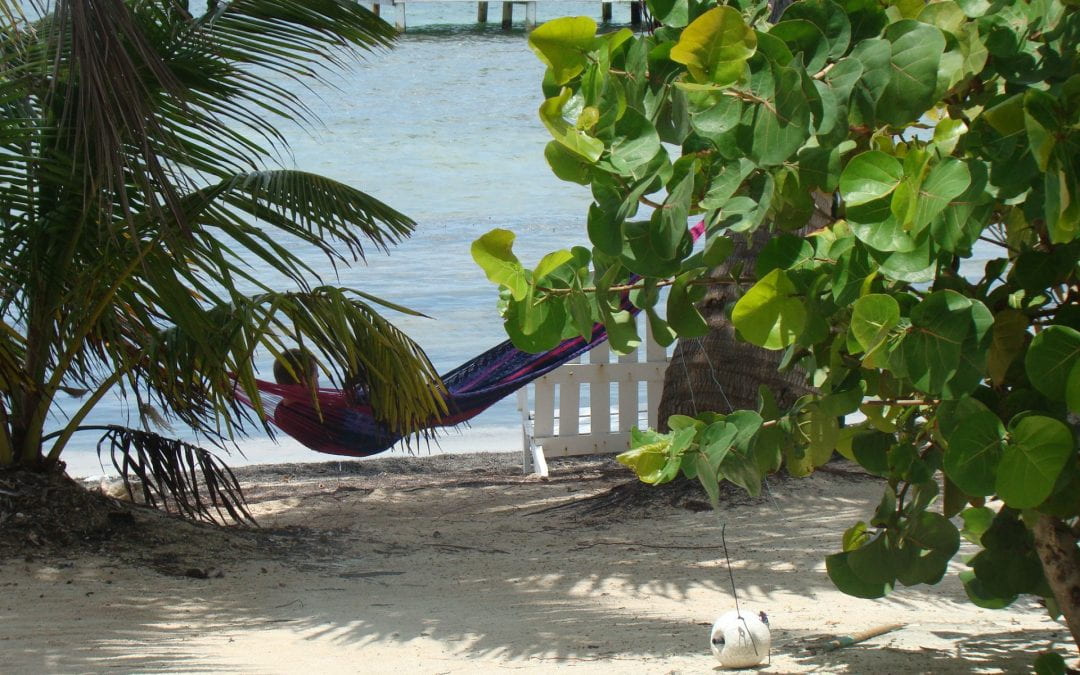The first official day of summer is June 21st, but the temperatures are already rising. For those new to the Texas summer this is your reminder to wear sunscreen and drink plenty of water, or if you are like most STEM students, just hide in your lab until the sun goes down.
Summer is a great opportunity for graduate students to catch up on research and writing as the lack of undergraduates on campus comes with reduced or non-existent teaching responsibilities and shorter lines at Starbucks. In the past, I have used my summers to work on developing analytical methods, reading articles, and more importantly, taking a mental break or an actual vacation. The summer is also a great opportunity for personal development, so, without further ado, below are a few suggestions for surviving the summer while in graduate school.

www.phdcomics.com
Disclaimer: Students should check with their advisor, if necessary, before following some of the suggestions below. Reader discretion advised.
Research
- For those late in their graduate student career now is great time to get out off the office (heck, maybe go outside) and write your dissertation someplace with windows or work from home or a nice coffee shop. I hear Pinewood Coffee Bar is nice and has recently acquired more space (and a bar).
- Take this opportunity to look for internships, fellowships, or additional funding. If you are a first year and have not applied to the NSF GRFP now is your chance to work on a proposal with your advisor. Always be on the hunt for funding opportunities. I recommend Baylor’s OVPR resources (pivot and GrantForward) or UCLA GRAPES (bonus points if you can figure out what GRAPES stands for).
- Work on your writing, presentation, and teaching skills.
- Is there a course you want to take but Baylor does not offer it? Try online courses! Coursera, Udemy, and EdX are a great place to start. A large portion of the courses can be audited for free or you can pay for a certificate of completion.
Professional Development
- It is never too early to explore your career options. As a quick start, I suggest you start with your Individual Development Plan (IDP). This program is a great way to examine your skills, interests, and values as well as assist in determining a career path.
- Review job postings now or apply. If you are interested in government work, establish a presence on USAJobs by creating an account and uploading a resume.
- If you have time, find an internship or volunteer.
- If you haven’t already, visit the Office of Career and Professional development and get started on your resume, CV, personal statements, cover letters, or even a mock interview (the graduate school also offers mock interviews as well)
- Work towards being a science communicator. It is our job as scientist to share important research as science-journalist (and journalism in general) has taken a hit recently. Start off by creating a Twitter and following, responding to, and retweeting other scientist or communicators.
Mental Health and Work/Life Balance
- Take a break or a vacation (see disclaimer above). If you have completed a task or deadline then now is a great time to take a break. Go on a short trip, visit family or friends, leave Waco, stay home and play video games. Whether it’s an hour, a day, a week or two, take a break.
- Invest time in your hobbies. Silence the “internal guilt alarm” when doing non-work activities.
- Join an intramural team or participate in pick-up games around campus.
- Take a walk (indoor or outdoor). The BSB is large enough to get your steps in if you walk inside or around it.
- Graduate school is tough, seek help when you need it.
- Do a team building exercise with your colleagues. I suggest an escape room or taking an online course together.
